History of Physics
History of Physics
Physics, the fundamental science of matter, energy, and their interactions, has a long and rich history. Here are some key milestones and contributions from different periods:
Ancient and Classical Periods
Ancient Greece
- Thales of Miletus: Often regarded as the first philosopher in the Greek tradition, he proposed that water is the fundamental substance of the universe.
- Aristotle: Developed theories on motion and elements, proposing that all matter is composed of earth, water, air, and fire.
- Archimedes: Made significant contributions to the understanding of levers, buoyancy, and the principle of the lever.
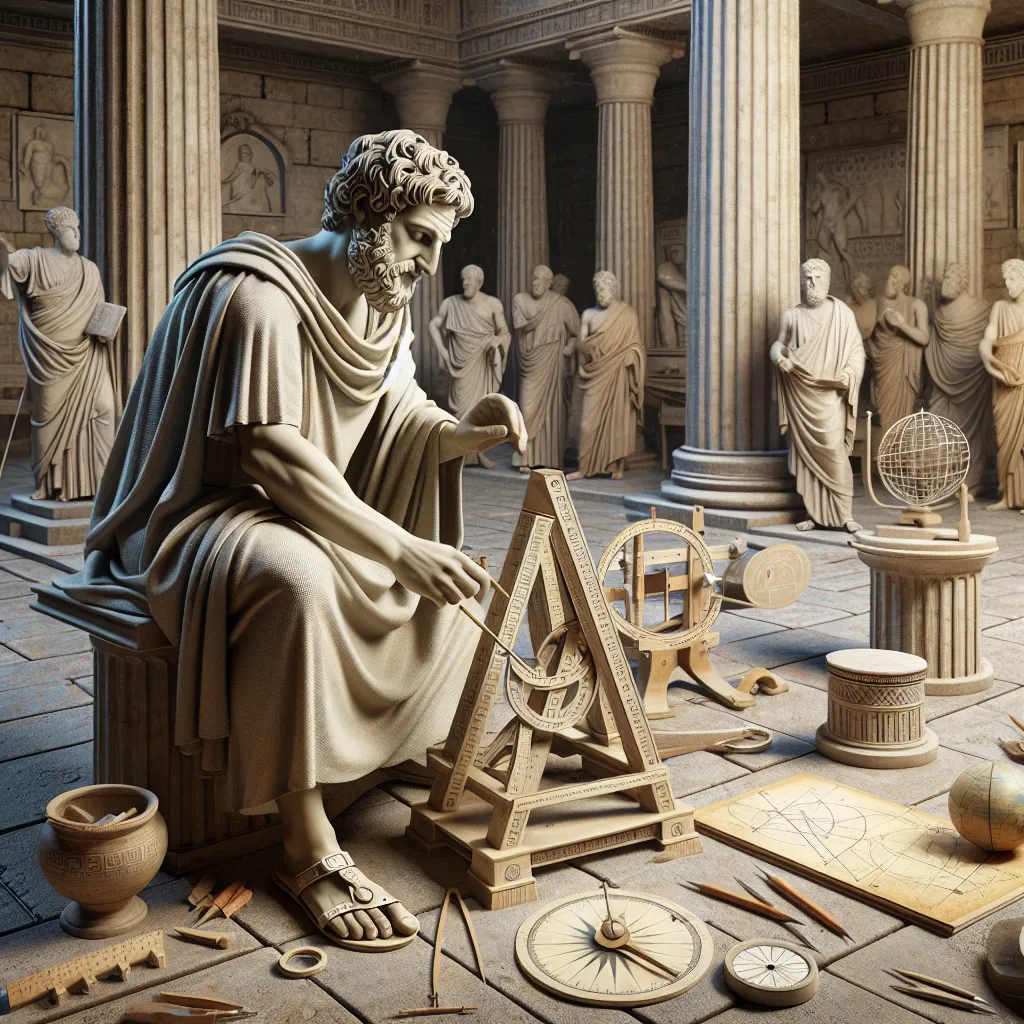 Description: A depiction of Archimedes, one of the greatest mathematicians and physicists of ancient Greece.
Description: A depiction of Archimedes, one of the greatest mathematicians and physicists of ancient Greece.
Classical Mechanics
- Galileo Galilei: Often called the “father of modern observational astronomy,” he made pioneering observations that laid the groundwork for classical mechanics.
- Isaac Newton: Formulated the laws of motion and universal gravitation, which became the cornerstone of classical mechanics.
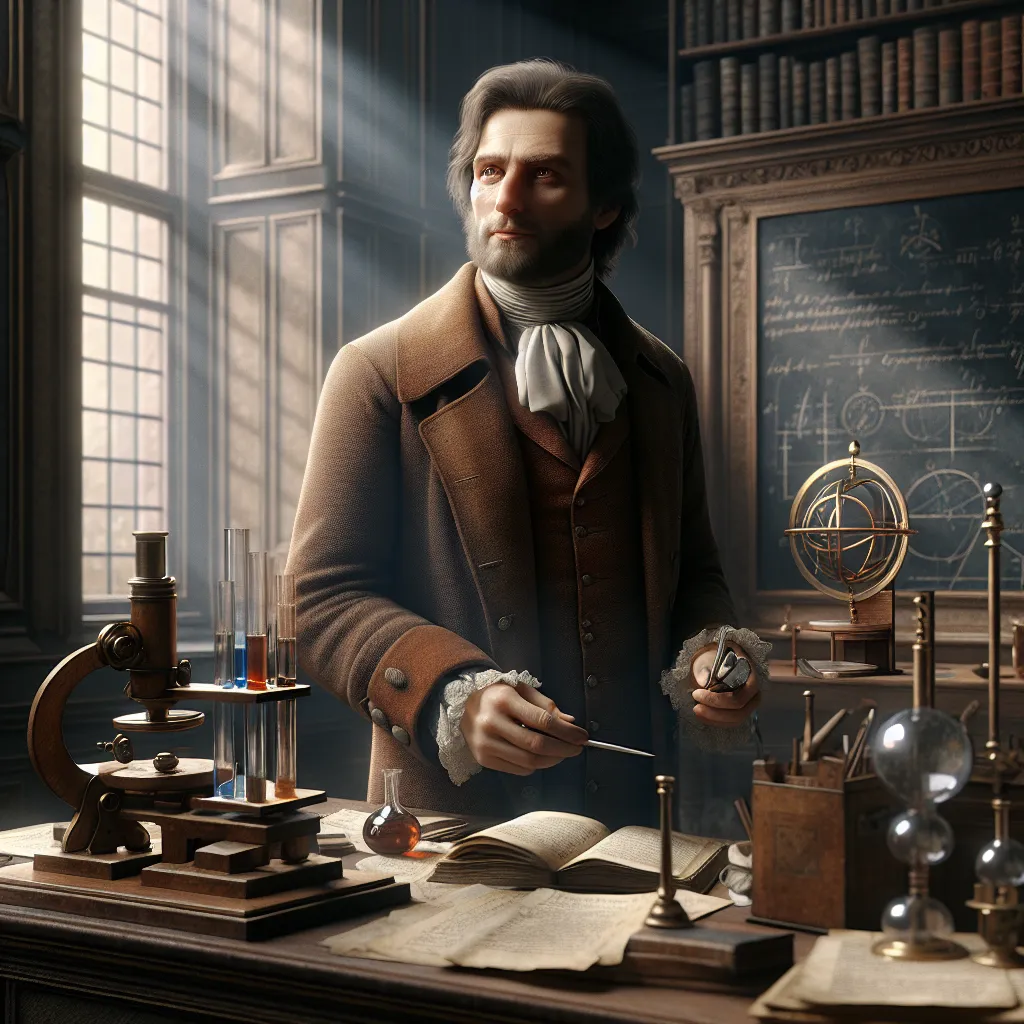 Description: A portrait of Isaac Newton, whose laws of motion and gravitation are fundamental to classical mechanics.
Description: A portrait of Isaac Newton, whose laws of motion and gravitation are fundamental to classical mechanics.
Renaissance and Enlightenment
The Scientific Revolution
- Johannes Kepler: Discovered the laws of planetary motion, describing the orbits of planets around the sun.
- René Descartes: Developed Cartesian coordinate system, which unified algebra and geometry, and contributed to the understanding of motion and optics.
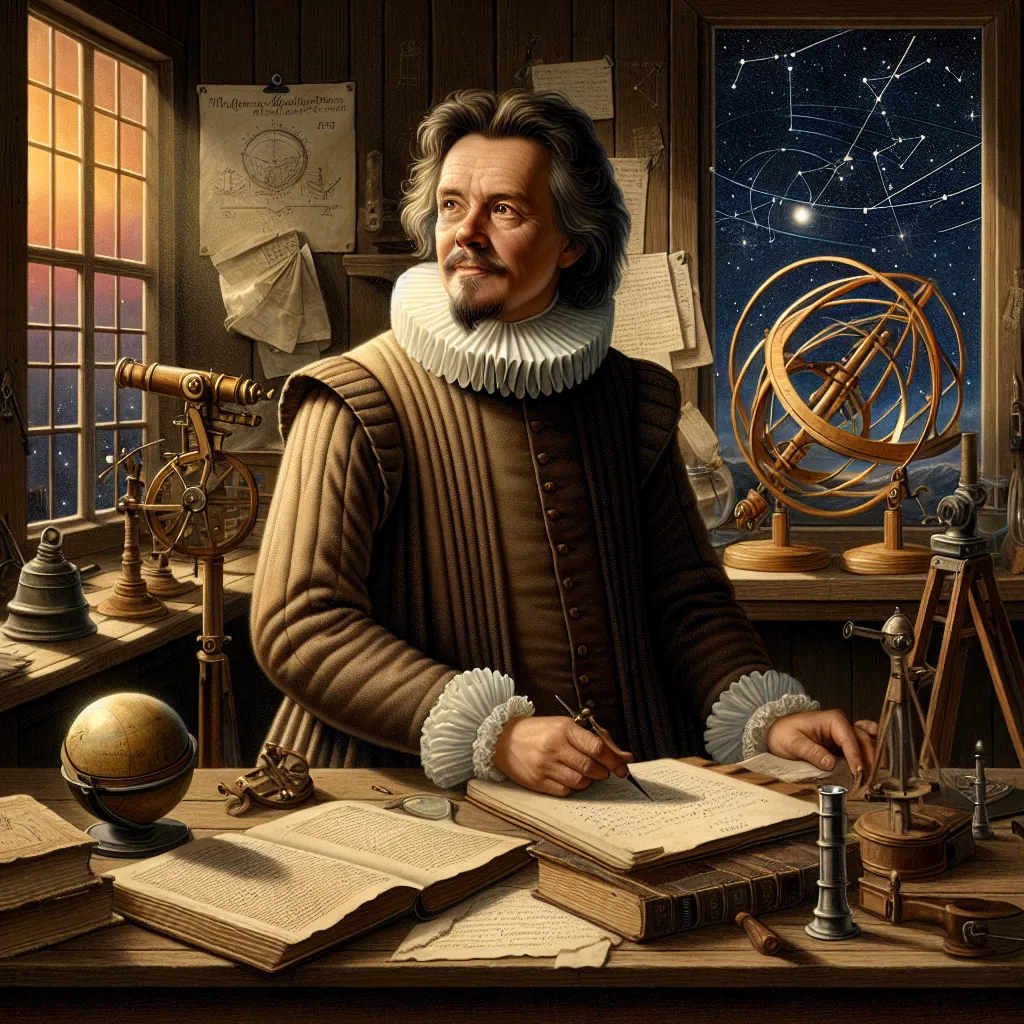 Description: An illustration of Kepler’s laws of planetary motion, describing the elliptical orbits of planets.
Description: An illustration of Kepler’s laws of planetary motion, describing the elliptical orbits of planets.
19th Century
Electromagnetism and Thermodynamics
- James Clerk Maxwell: Formulated the classical theory of electromagnetic radiation, bringing together electricity, magnetism, and light as aspects of a single phenomenon.
- Ludwig Boltzmann: Made significant contributions to statistical mechanics and thermodynamics.
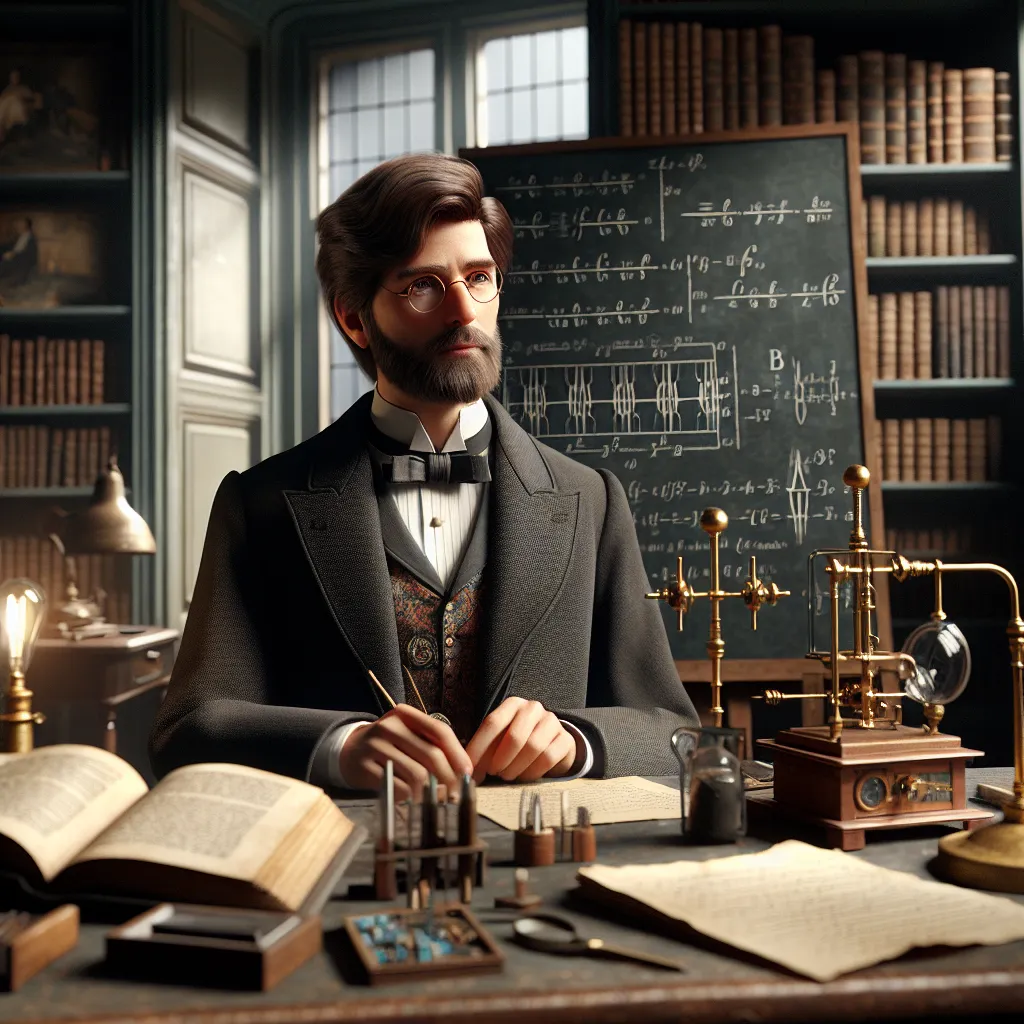 Description: A portrait of James Clerk Maxwell, whose equations describe the behavior of electric and magnetic fields.
Description: A portrait of James Clerk Maxwell, whose equations describe the behavior of electric and magnetic fields.
20th Century
Quantum Mechanics and Relativity
- Albert Einstein: Developed the theories of special and general relativity, fundamentally altering our understanding of space, time, and gravity.
- Niels Bohr: Played a key role in the development of quantum mechanics and the structure of the atom.
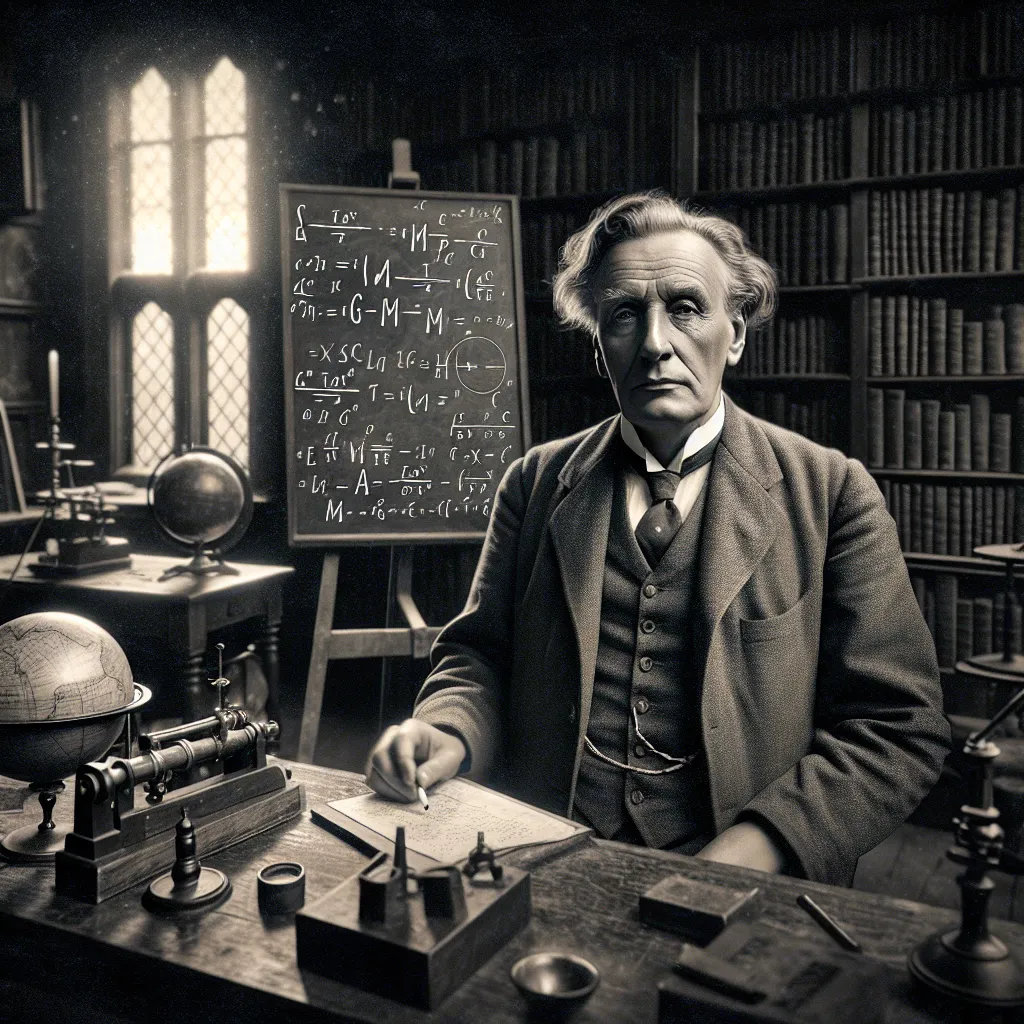 Description: A famous photo of Albert Einstein, whose theories of relativity transformed physics.
Description: A famous photo of Albert Einstein, whose theories of relativity transformed physics.
Modern Physics
Particle Physics and Cosmology
- Richard Feynman: Made significant contributions to quantum electrodynamics (QED) and particle physics.
- Stephen Hawking: Known for his work on black holes and the nature of the universe.
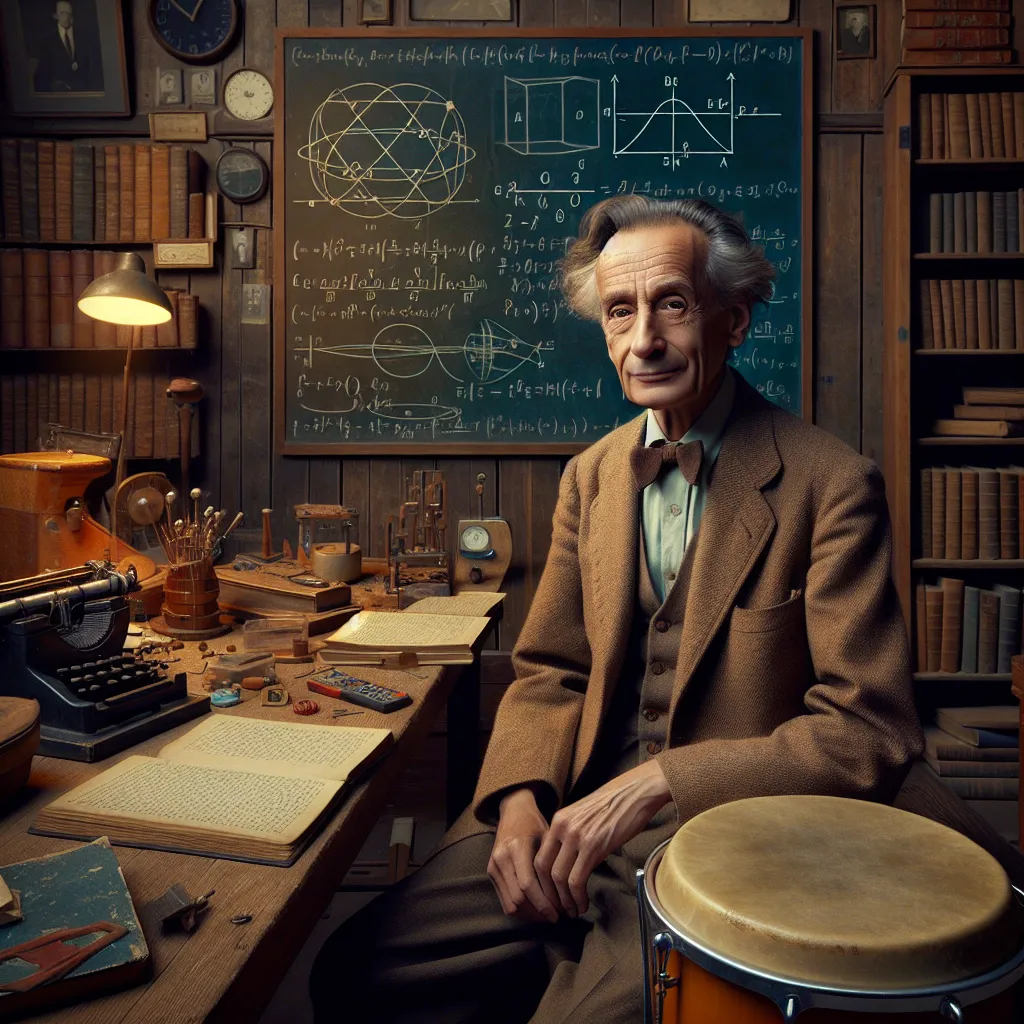 Description: Richard Feynman, a pioneering physicist known for his work in quantum mechanics and particle physics.
Description: Richard Feynman, a pioneering physicist known for his work in quantum mechanics and particle physics.
Further Reading
For more detailed information on the history of physics, you can explore the following resources: